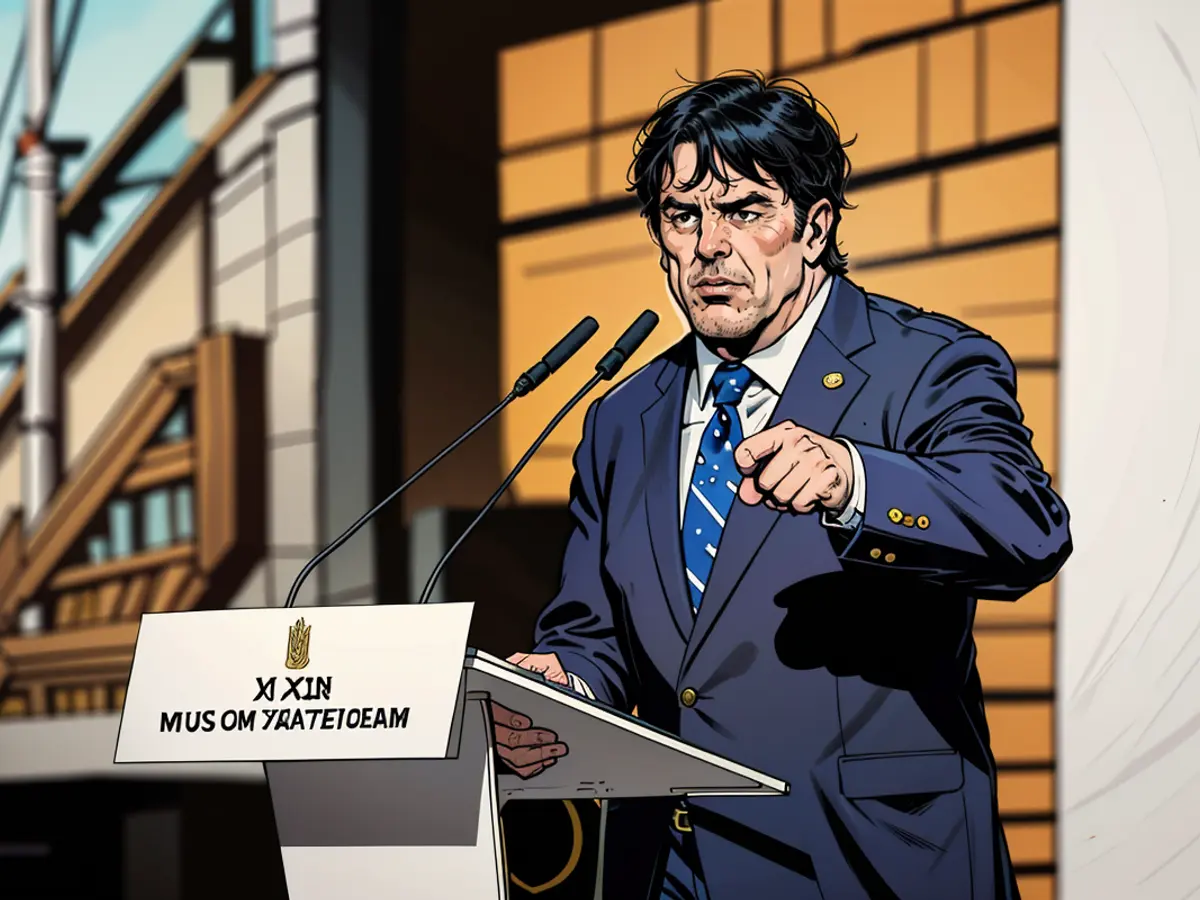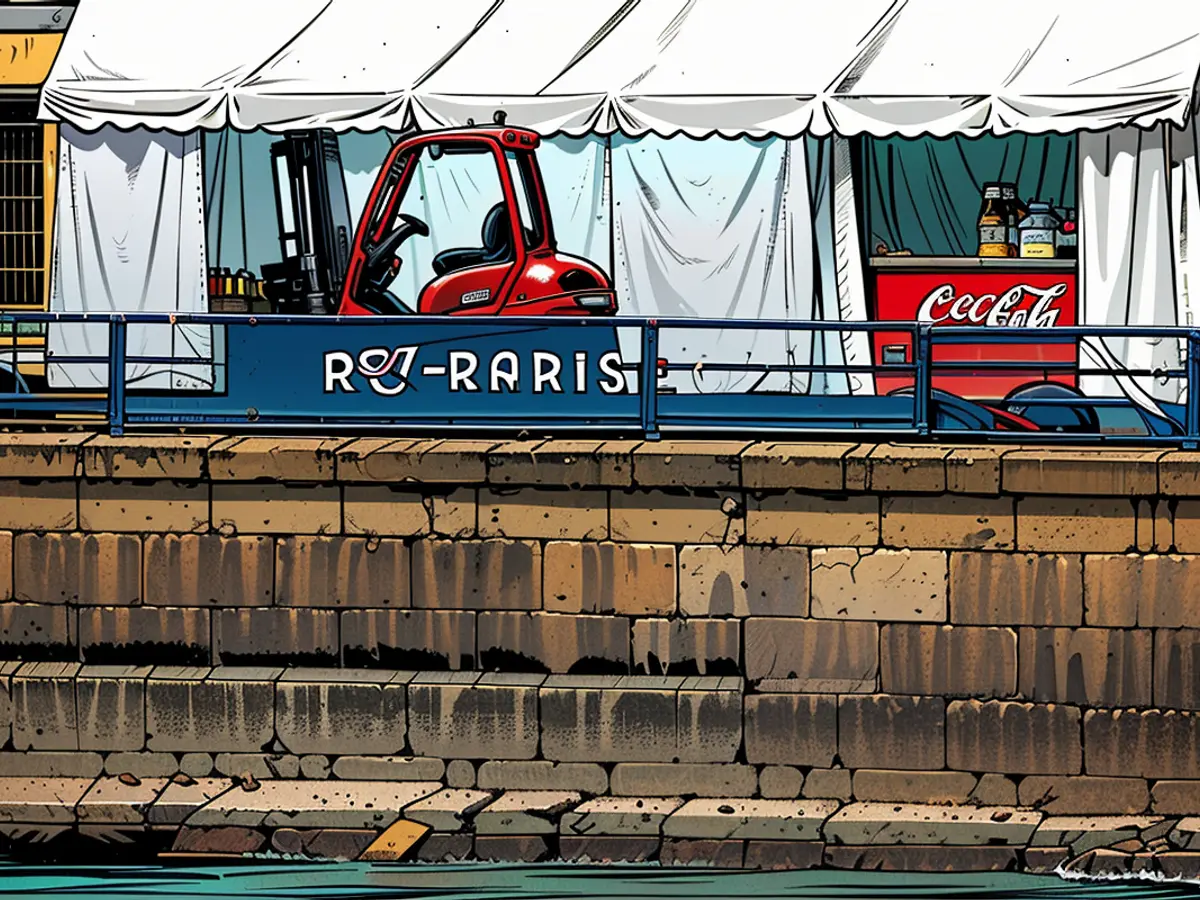Catalan separatist Puigdemont leaves Spain after avoiding arrest, ally says
Jordi Turull told RAC1 radio that he did not know whether Puigdemont had already reached his home in Waterloo, where he has lived for seven years in self-imposed exile since leading a failed bid for Catalonia’s secession in 2017.
Puigdemont’s brief appearance on Spanish soil and an escape worthy of a crime caper film angered conservative opponents already upset about Socialist Prime Minister Pedro Sanchez’s amnesty for separatists in exchange for support for his minority government.
To make matters worse for Sanchez, Turull said Junts was reconsidering its support because the Supreme Court had found the amnesty law did not apply to Puigdemont and two others, all charged with embezzlement.
He said Junts’ backing would have “a very narrow path forward or no path at all” unless Madrid strongly pressed for application of the amnesty law to all.
“The situation has changed a lot because of the context and the parameters that made our deal possible, and we have to see whether it makes sense,” Turull said.
The charge against Puigdemont is related to a 2017 independence referendum that was ruled illegal by the Spanish courts. Puigdemont says the vote was legitimate, and therefore related charges have no basis.

Sanchez and his government have remained notably silent, and declined a request to respond to the Junts threat and the opposition criticism.
Presidency Minister Felix Bolanos told reporters in Paris that the operation had been in the hands of the Catalan police, the Mossos d’Esquadra.
“They are the police force responsible for carrying out the orders of the Supreme Court,” he said.
Puigdemont ‘planned to go to parliament’
Turull, who was pardoned in 2021 after serving three years in prison for rebellion, sedition and embezzlement over the secession bid, said Puigdemont had planned to attend a vote in Catalonia’s parliament to confirm the Socialist Salvador Illa as new leader of the regional government.
“He did not come to be arrested in Spain but to exercise his political rights.”
But instead of walking from the rally to parliament, Puigdemont got into a car because of security concerns, and then decided at short notice to leave because he believed he would not be allowed in, Turull said.

He added that Puigdemont had not wanted to provide an opportunity for photographs of him being arrested.
Puigdemont’s lawyer, Gonzalo Boye, confirmed in a RAC1 radio interview that Puigdemont had left Spain and said he would make a public statement “in the coming days”.
In the meantime, the Mossos d’Esquadra and Sanchez’s administration face questions about their failure to arrest Spain’s most recognisable fugitive when he was in plain sight.
On Friday, the Supreme Court judge leading the investigation against Puigdemont for his role in the 2017 secession bid called on the Mossos to explain the spectacular failure.
Judge Pablo Llarena also requested explanations from the national Interior Ministry, including any orders to monitor the borders.
The world was shocked by Puigdemont's sudden appearance in Spain, causing a stir in politics due to the sensitive nature of his case.During his seven years in self-imposed exile, Puigdemont had become a symbol of the world's interest in Catalonia's secession movement.








